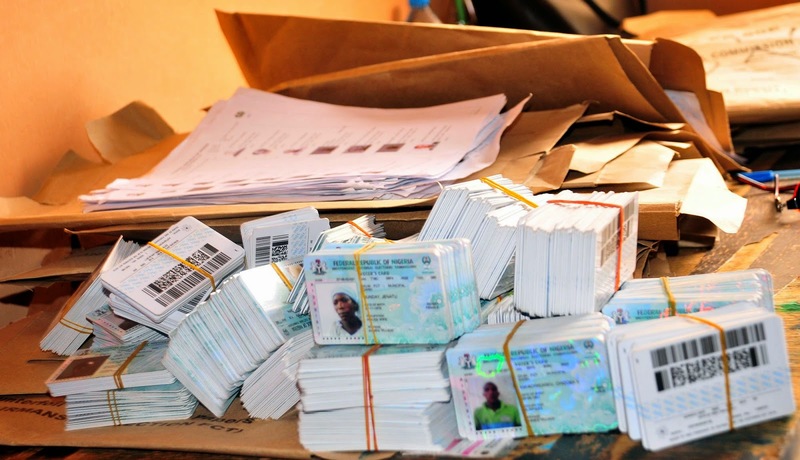Following the Independent National Electoral Commission’s (INEC) initial extension of the deadline for the collection of Permanent Voters Cards (PVCs), further requests have been made to the commission to extend the deadline once more.
A coalition of Civil Society Organizations (CSOs) has called on INEC to extend the deadline in the same vein.
Refusing to do so, they argue, would result in citizens, particularly students, feeling disenfranchised in the upcoming general elections.
In a joint statement issued on Friday, a coalition of ten CSOs also asked the commission for a better timetable to help students participate in the election.
Enough is Enough, Yiaga Africa, Dataphyte, Reclaim Naija, and other CSOs are among those involved.
The group submitted that;
According to the Independent National Electoral Commission (INEC), collection of Permanent Voters’ Cards will end this Sunday, January 29th at 5 pm.
However, reports from voters in different collection centres across the country revealed that some validly registered voters were informed by the INEC officials that their PVCs were not available; while some others were asked to return on a later day beyond the deadline or after the election to collect their PVCs.
We also note the concern of the students who registered at home while tertiary institutions were shut down for over eight months.
According to INEC, 40% of the 9,518,188 newly registered voters are students. If they registered at home and are now at school, INEC must ensure they can pick up their cards in the least expensive way possible.
The CSOs then asked INEC to;
Inform Nigerians if it is still printing cards and when all the cards for registered voters will be available for collection;
Extend PVC collection to ensure that everyone whose cards were not found is reprinted, and there is a clear process for them to pick up the cards;
Work with the Nigerian Universities Commission to ensure that there are no classes or exams the week before elections so students can go home to vote;
Communicate with newly registered voters, especially students, when the PVCs are ready; and create a dedicated desk for civil society organisations, media, and citizens to escalate the issues being observed for a quick resolution.
The engine to drive this process is clear and proactive information sharing from INEC. There are high expectations for this election and INEC can not be seen to be deliberately or inadvertently disenfranchising certain groups of people.
